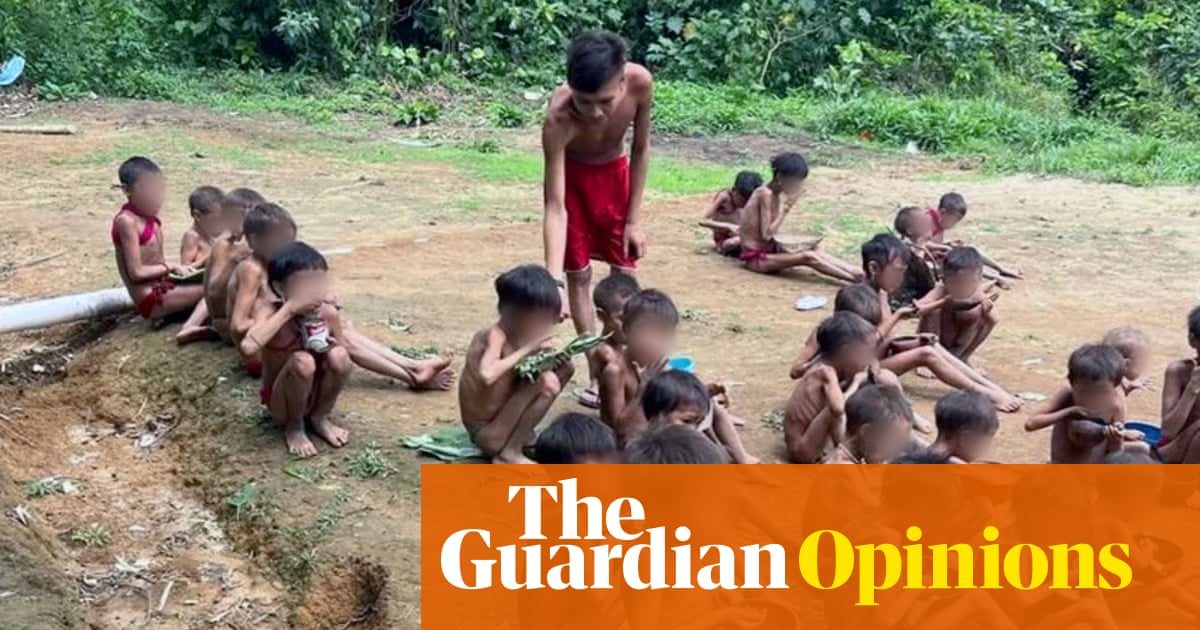
"A new report published on Monday by the NGO Survival International reveals 196 uncontacted Indigenous groups across 10 countries in South America, Asia and the Pacific, according to a five-year study titled Uncontacted peoples: At the edge of survival. Half of these groups tens of thousands of people face extinction within a decade due to industrial activity, criminal gangs and missionary incursions, with logging, mining and agribusiness cited as the primary threats."
"The report also warns that even indirect contact, such as disease spread by outsiders, could devastate populations, while the climate crisis and illegal activities further endanger their survival. There are more than 60 confirmed and dozens more reported isolated Indigenous peoples living in the Amazon basin, according to a draft report by the International Working Group of Indigenous Peoples in Isolation and Initial Contact, and 90% of the confirmed groups live in our two countries, Brazil and Peru."
"In 1987, Brazil adopted a policy to protect isolated peoples, requiring their territories to be demarcated and all contact avoided, except when the people themselves seek it. This policy has led to an increase in the number of different peoples reported and confirmed, and has allowed many populations to grow. Uncontacted people in Brazil, photographed from the air by Funai, the agency that protects these populations, in 2010."
196 uncontacted Indigenous groups live across 10 countries in South America, Asia and the Pacific. Half — tens of thousands of people — face extinction within a decade due to logging, mining, agribusiness, criminal gangs and missionary incursions. Indirect contact, including disease spread by outsiders, could devastate populations. The climate crisis and illegal activities further threaten survival. More than 60 confirmed and dozens reported isolated peoples live in the Amazon basin, with 90% of confirmed groups in Brazil and Peru. Brazil adopted a 1987 policy requiring territory demarcation and avoidance of contact, but Funai’s protective role has been deliberately weakened.
#uncontacted-indigenous-groups #deforestation--extractive-industries #amazon-basin #indigenous-protection-policy
Read at www.theguardian.com
Unable to calculate read time
Collection
[
|
...
]